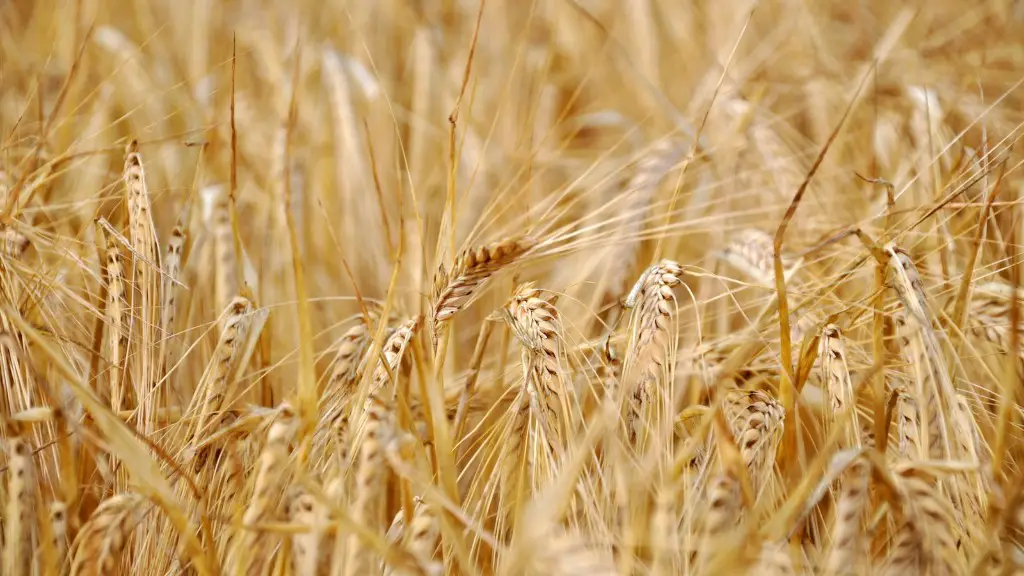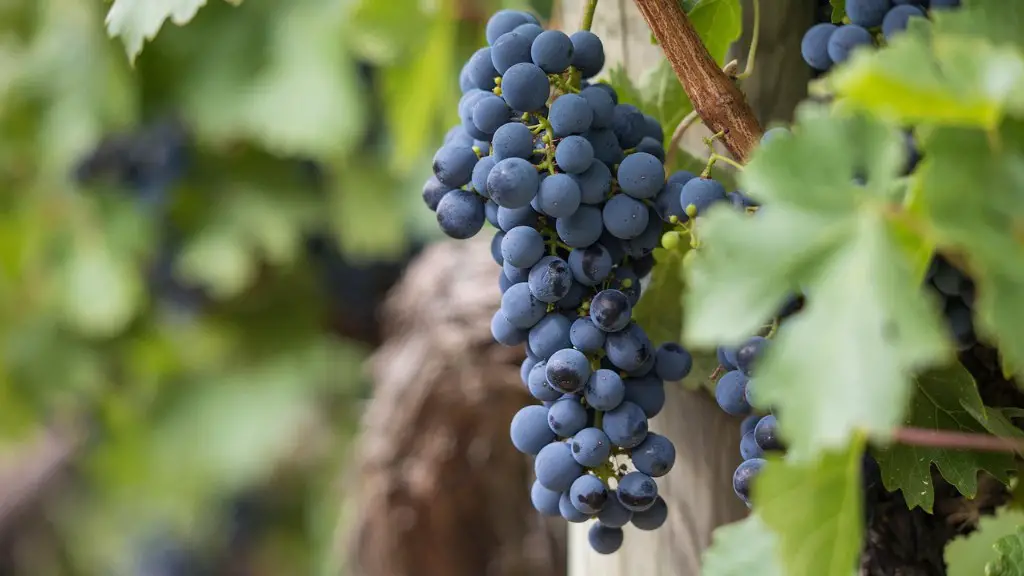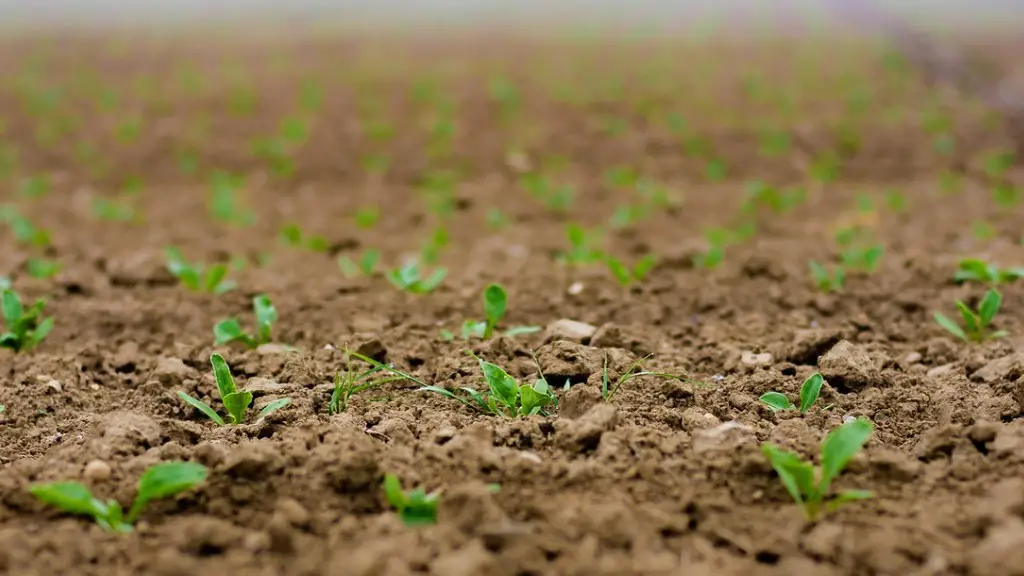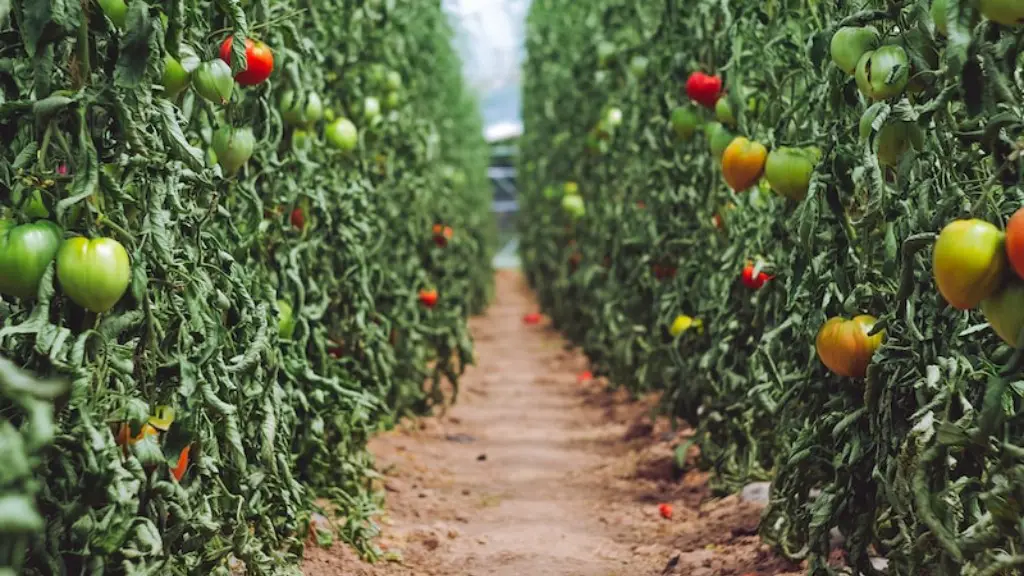Agriculture is the science and art of cultivating plants and livestock for human use. Agriculture was the key development in the rise of sedentary human civilization, whereby farming of domesticated species created food surpluses that nurtured the development of civilization. The study of agriculture is known as agricultural science. Agriculture is the largest economic sector in many parts of the world and plays a significant role in the world economy.
Agriculture is the science and art of cultivating plants andlivestock. Agriculture was the key development in the rise of sedentary human civilization, whereby farming of domesticated species created food surpluses that supported people not directly engaged in food production. The history of agriculture began thousands of years ago. After gathering wild grains beginning at least 105,000 years ago, nascent farmers began to plant them around 11,500 years ago. Pigs, sheep and cattle were domesticated over 10,000 years ago. Plants were independently cultivated in at least 11 regions of the world. Industrial agriculture based on large-scale monoculture in the twentieth century came to dominate agricultural output, though about 2 billion people still depended on subsistence agriculture into the twenty-first.
What is the meaning and importance of agriculture science?
Agricultural sciences encompass a wide range of disciplines that deal with food and fibre production and processing. They include the technologies of soil cultivation, crop cultivation and harvesting, animal production, and the processing of plant and animal products for human consumption and use.
Food is the most basic human need. It is essential for our survival and well-being. The production of food is a complex process that involves many different disciplines, from biology and chemistry to engineering and economics.
The study of agricultural sciences can help us to understand how our food is produced, and how we can improve the efficiency and sustainability of food production. It can also help us to understand the impact of our food choices on our health, the environment, and the economy.
Farming is the art and science of cultivating land for growing crops or raising livestock. It involves activities such as plowing, planting, harvesting, and raising livestock. Farming is an ancient practice that has been around for millennia. It is an important part of human civilization and has played a significant role in human history.
Why is agriculture important in Iowa
Iowa agriculture is responsible for a direct economic output of $883 billion and more than 315,000 jobs contributing $1757 billion in wages, according to the sixth annual Feeding the Economy report. The report, commissioned by the Iowa Soybean Association and Iowa Corn Growers Association, shows the value-added contribution of Iowa agriculture to the state economy.
Farming is a great way to teach kids about safety. They need to be aware of their surroundings and be careful when handling farm equipment. They also need to know how to stay safe around animals.
What are 3 reasons why agriculture is important?
Agriculture is important for many reasons. It is the main source of raw materials for industry, it is important to international trade, it plays a big role in a nation’s revenue, it provides employment, it is crucial to a country’s development, it can help heal the environment, and it goes hand-in-hand with war.
Agriculture can play a vital role in reducing poverty, raising incomes and improving food security for a large proportion of the world’s poor. The World Bank Group is a leading financier of agriculture and can help to support these efforts.
What are 5 important of agriculture?
The main objective of Indian agricultural policy has been to increase agricultural productivity and hence the incomes of farmers. Indian agriculture sector is highly diversified with different agro-climatic regions, production systems, and cropping patterns. The sector is characterized by a large number of small and marginal farmers, who together account for around 86% of the operational landholdings in the country.
The sector is further constrained by the following structural issues:
– Farm sizes are small and fragmented, which leads to low productivity
– There is lack of adequate and timely availability of inputs, such as seeds, fertilizers, and irrigation water
– Marketing and storage infrastructure is inadequate, leading to wastage, poor quality, and low farmer incomes
– There is a lack of adequate credit, insurance, and extension services
Given the importance of the agriculture sector in India, it is crucial that these structural issues are addressed in order to increase the sector’s productivity and farmer incomes.
Agriculture is a vital part of society, impacting people in many different ways. It provides food and habitat for people and animals, and creates jobs and economic stability through trade. Agriculture also supplies raw materials for products like food, clothing, and medicine. Without agriculture, society would not be able to function properly.
How did agriculture change human society
More abundant food supplies could support denser populations, and farming tied people to their land. Small settlements grew into towns, and towns grew into cities. Agriculture produced enough food that people became free to pursue interests other than worrying about what they were going to eat that day. This allowed for the development of art, music, religion, and all the other aspects of civilizations.
Agriculture plays a vital role in our local community by providing us with food and affecting our economy and environment. It is important to support and appreciate our farmers who work hard to ensure that we have access to fresh, healthy food. Not only does agriculture provide us with sustenance, but it also provides many jobs and helps to keep our local economy strong. In addition, agriculture has a significant impact on our environment, both positively and negatively. By working to promote sustainable agriculture practices, we can help to protect our natural resources and ensure that our community can continue to thrive for years to come.
What state is number 1 in agriculture?
This is according to data from the US Department of Agriculture. California’s agricultural receipts totaled $54.1 billion in 2021, up from $52.6 billion in 2020. Iowa, Nebraska, Texas, and Illinois followed, with agricultural receipts of $32.9 billion, $29.6 billion, $28.7 billion, and $26.1 billion, respectively.
1. Agriculture is a vital part of many people’s livelihoods and can inspire people to lead healthier and more productive lives.
2. Agriculture can preserve ecosystems by providing habitat and resources for animals and plants.
3. Agriculture can create habitats by providing space and resources for animals and plants to live and thrive.
4. Agriculture can set back ecological succession by providing habitat and resources for animals and plants that would otherwise be lost to development.
5. Agriculture can boost soil fertility by providing organic matter and nutrients for plants to grow.
6. Agriculture can sequester carbon by storing it in the soil.
What is agriculture in a sentence
The example sentences show that land can be cleared for agriculture, but forests can also be cut down.
A crop is an agricultural product that is grown, harvested, or collected. Examples of crops include wheat, cotton, fruit, and honey. Dairy cows are cows that are raised mainly for the production of milk for dairy products. A farmer is a person who earns a living by farming, especially one who manages or operates a farm.
What is agriculture explain in 100 words?
Agriculture is the science and art of cultivating plants and livestock. The history of agriculture began thousands of years ago. After gathering wild grains beginning at least 105,000 years ago, nascent farmers began to plant them around 11,500 years ago.
Agriculture allowed for the domestication of plants and animals, which led to the development of civilizations. Agriculture has played a major role in human history, shaping the world we live in today.
1. Agriculture is the single largest employer in the world.
2. There are 914 million acres of farmland just in the US.
3. The average US farmer can feed 155 people.
4. Beef farming accounts for 29% of American farms.
5. Agriculture is responsible for producing the food we eat every day.
Conclusion
Agriculture is the science, art, and business of producing plants and animals for human use. Agriculture was the key development in the rise of sedentary human civilization, whereby farming of domesticated species created food surpluses that supported the development of greater societal complexity. The history of agriculture began thousands of years ago. after the end of the last glacial period (c. 10,000 BCE). Agriculture allowed for the domestication of plants and animals, which led to the development of civilizations. Agriculture has played a significant role in human history and has contributed to the world economy.
In conclusion, agriculture is the process of producing food, feed, fiber and other desired products by the cultivation of certain plants and the raising of livestock. Agriculture is important because it provides us with the food we need to survive and the products we use every day. It also supports many jobs and provides a way of life for many people around the world.





